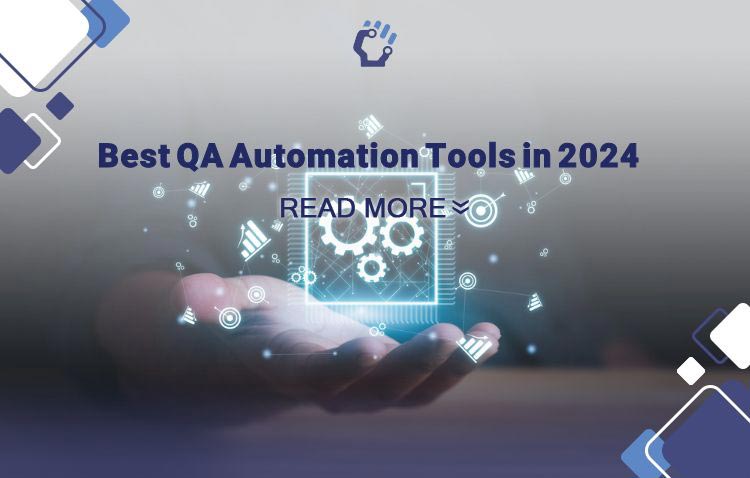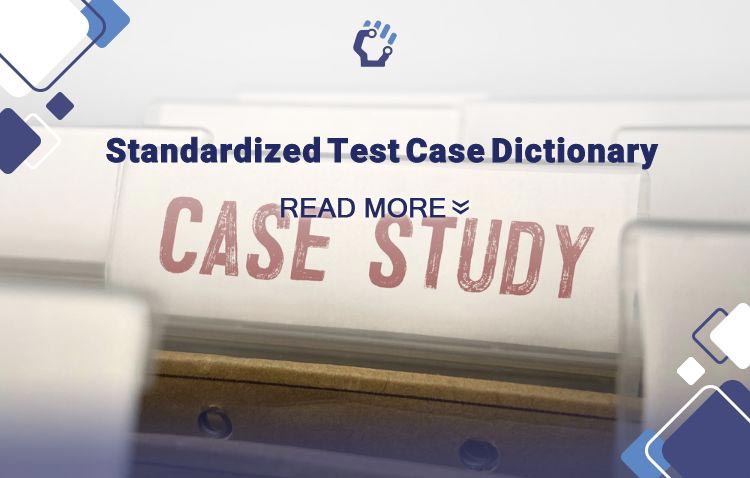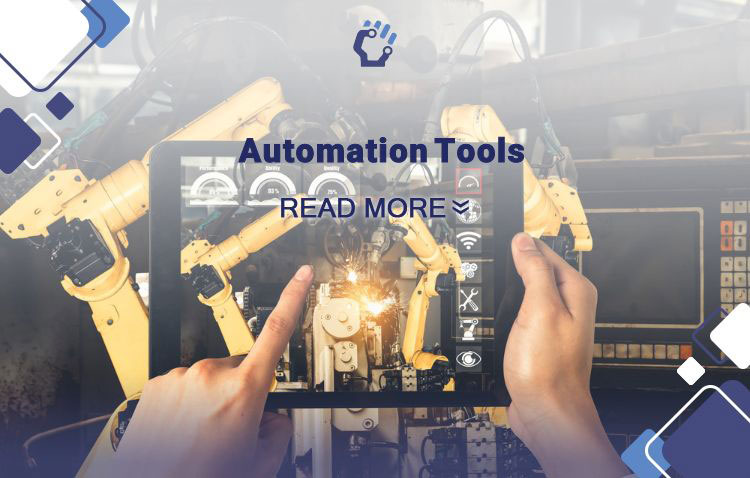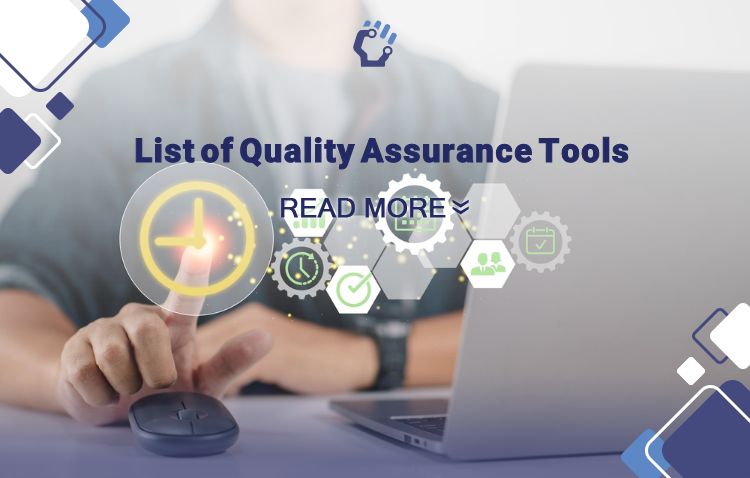The Role of AI in Revolutionizing Quality Assurance
AI in Quality Assurance: Transforming Processes and Shaping the Future Quality Assurance (QA) has evolved significantly, with the integration of Artificial Intelligence (AI) marking a pivotal point in enhancing efficiency, accuracy, scalability, and flexibility. AI offers several key benefits, including improved predictive analysis, cost reduction, and scalability in QA processes. It leverages machine learning for predictive analytics, natural language processing for test case interpretation, and computer vision for defect detection, revolutionizing the testing and inspection processes across various industries. Key Benefits of AI in Quality Assurance Implementing AI in QA brings about enhanced efficiency, accuracy, scalability, and flexibility in detecting defects and anomalies. AI reduces manual effort, lowers error rates, and ensures robustness across different stages of product development. The incorporation of AI-driven QA processes offers substantial cost savings, higher return on investment, and improved product quality and reliability. AI technologies shape QA by utilizing machine learning for predictive analytics, natural language processing for test case interpretation, and computer vision for defect detection. Practical Applications of AI in Quality Assurance AI-driven QA processes automate test case creation, execution, and evaluation, leading to expedited timelines, improved regression testing, and effortless test planning. It also facilitates real-time monitoring, predictive maintenance, and anomaly detection, ensuring quick resolutions and enhancing overall product quality. The inclusion of AI in QA greatly impacts the tech sector and various industries, revolutionizing testing processes and driving operational efficiency. Future Trends in AI for Quality Assurance The future of AI in QA encompasses the emergence of QA as a service, ethical considerations, advanced analytics and AI synergies. It focuses on offering testing services on demand, maintaining trust, integrity, and transparency in QA processes, and deepening the integration of AI with advanced analytics, driving further efficiencies in QA processes. Challenges and Considerations of Implementing AI in Quality Assurance Addressing challenges such as data privacy and security concerns, integrating AI with existing QA processes, and the need for a skilled workforce to manage and interpret AI-driven QA systems is essential for effective utilization of AI in QA. Overall, the integration of AI into QA represents a significant leap forward in achieving higher efficiency, accuracy, and predictive power in QA processes. While AI presents transformative benefits, navigating challenges such as data security, integration complexities, and the need for skilled personnel are crucial. Looking to the future, the role of AI in QA promises even greater advancements and innovations in quality control practices.
Best Practices for QA Testing
QA Testing ensures flawless software performance. Trust our experts for precise testing, guaranteeing bug-free applications and a seamless user experience.
Quality Assurance and Quality Control: 5 key differences
Quality Assurance (QA) focuses on preventing defects and ensuring processes meet standards, while Quality Control (QC) involves inspecting and testing to identify and correct issues, both contributing to overall product and service excellence.
QA process maturity: Models and capabilities
QA process maturity refers to the level of effectiveness, efficiency, and agility in managing software quality assurance. By evaluating and improving various aspects like testing methodologies, tools, and skill sets, organizations can enhance their overall QA process maturity and deliver high-quality software products.
Best QA Automation Tools in 2024
I want a summary too! Discover streamlined testing with the best QA automation tools, optimizing software quality and performance effortlessly.
Creating a Standardized Test Case Dictionary
A Standardized Test Case Dictionary is a collection of test cases that are used to evaluate the functionality and performance of a software application. It provides a standardized format for documenting test cases, making it easier for testers to create and execute tests. The dictionary includes information such as test case name, description, pre-conditions, steps, expected results, and actual results. It helps maintain consistency in testing practices, ensures all aspects of the software are thoroughly evaluated, and facilitates communication among team members involved in testing.
How Automation Tools Can Transform Your Business and Boost Your Bottom Line
Revolutionize your tasks with state-of-the-art Automation Tools. Effortlessly enhance productivity and efficiency, simplifying complex processes for a seamless workflow.
list of quality assurance tools
Discover a curated list of quality assurance tools that will help you optimize your software testing efforts, minimize errors, and deliver top-notch products to your customers.















